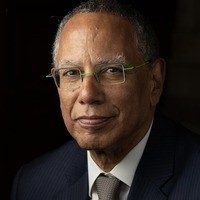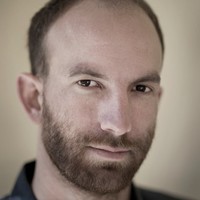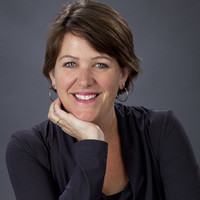Dean Baquet is executive editor of The New York Times.
"I always tried to question what is the difference between what is truly tradition and core, and what is merely habit. A lot of stuff we think are core, are just habits. The way we write newspaper stories, that’s not core, that’s habit. I think that’s the most important part about leading a place that’s going through dramatic change and even generational change. You’ve got to say, here’s what’s not going to change. This is core. This is who we are. Everything else is sort of up for grabs."
Thanks to Mailchimp and Apple Books for sponsoring this week's episode.










